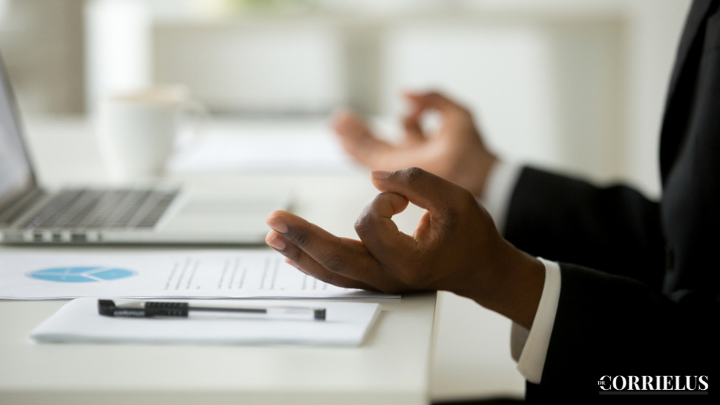Every day at all times, each one of us constantly observes some kind of emotions. Either negative or positive — emotions are a huge factor affecting our lives. We all feel different things throughout the day, but for some individuals, it turns out to be difficult to cope with their emotions on a regular basis.
Tackling these sentiments can be overwhelming. It is like a break-free roller coaster ride.
So, what are these strong emotions?
These emotions include the feeling of guilt, sadness, sense of being left out, overwhelmed, frustration, anger, self-blaming, low self-esteem, and the feeling of someone else being chosen over you.
Such constant feeling of being frustrated with everything — can drive you to a deep urge to do something, something that could stop the intensity of these emotions. And self-injury serves as a short-term fix from suffocating you with being swamped. The false act of self-injury creates a distraction from the emotional pain by turning your focus towards the physical hurt.
This blog is an attempt to spread awareness about emotional regulation and how it helps you with keeping away from inflicting serious harm to yourself.
What is Emotional Regulation?
Emotional Regulation is a term used to describe a person’s ability to manage and respond to an emotional challenge — effectively. People use emotional regulation strategies unconsciously to cope with a variety of situations, multiple times throughout the day. Most of us have created different coping strategies for different situations. These methods have proven to be suitable according to our environment and other factors.
Now, some of these coping strategies are healthy, while some may end up creating further destruction. Healthy coping strategies, like walking programs, self-care, or therapy do not cause any harm. These can help you diffuse strong emotions — which lead your mind to release the hold on a situation and give you a better perspective of all your issues.
As far as unhealthy coping strategies go — alcoholism, substance abuse, and self-injury are the worst of the worst. These unhealthy coping strategies may leave you with life-lasting damage to your body and mind. This will not only scar your emotional health but also give you a foul escape from all your problems. You may start finding easiness in these practices rather than facing the challenges.
So, how do we differentiate between Healthy and Unhealthy Emotional Regulation Strategies?
Here is a list of unhealthy and healthy coping strategies to get you a transparent view of the same.
Healthy Coping Techniques:
- Therapy
- Meditation
- Exercising
- Talking to a friend
- Getting adequate sleep
- Taking Care of oneself when physically ill
- Paying attention to negative thoughts and managing them
- Noticing when you are exhausted and taking a break, indeed!
Unhealthy Coping Techniques:
- Alcohol abuse
- Substance abuse
- Inflicting self-injury
- Excessive use of social media
- Physical aggression
- Picking up fights
- Running away from responsibilities
- Avoiding difficult situations
How Do We Practice Emotional Regulation?
Emotional regulation is all about pausing and feeling the situational advances and acting accordingly. Here are some tips for you to tackle your emotions and use them to react to challenges properly.
- Self-Awareness: Being aware of what you feel and being able to put a finger on it is the first step to emotional regulation. For example, if something bad happened to you, what kind of emotions do you feel? Do you feel shocked because the event was unexpected, or do you feel betrayed because you trusted the associated people, or maybe your overthinking predicted the mishap and now you’re just disappointed? Explore your feelings and come through with them.
- Adaptability: Being emotionally dysregulated lowers our adaptability to changes. We become prone to distractions and fail our coping techniques. To build and maintain adaptability — you can practice objective evaluation. For example, if you’re going through a stressful situation and your mind is leaning towards destruction; think about what would your suggestions be to someone else stuck in that situation. This will give you a new perspective on your problems.
- Self-Compassion: Keeping aside some time for yourself and being thankful to your ability to cope with various circumstances — can be a great way to build emotional regulation. Remind yourself of your talents, virtues, and achievements. Try to accept yourself as you are and don’t put yourself down for the smallest of hindrances.
A Word from the Doctor
Emotional regulation is all about moving on and letting go of your feelings. Do not succumb to the setbacks and use them as steps for further growth.
It is within ourselves, our values, expressions, gratitude, and compassion that accounts for the inner peace that emotional regulation brings us.
And remember as the saying goes, “Feelings are visitors, and we should let them come and go.”
Require help to deal with your emotions? Then, contact me right away!
I will help you lead a healthier, happier life.



